Service hotline
+86 0755-83975897
Release date:2024-12-10Author source:KinghelmViews:1672
Google has made groundbreaking strides in the field of quantum computing with its latest innovation, the Willow chip. This new quantum computing chip is designed to propel quantum computing into new realms of possibility, helping to solve complex problems that classical computers simply cannot tackle. In this article, we will explore the significance of Google's Willow chip, how it advances quantum computing, and its potential to reshape various industries.
Google's Willow chip is a state-of-the-art quantum computing processor that represents a significant leap forward in the development of quantum computers. Willow is designed to perform quantum operations with high efficiency, making it one of the most advanced chips in the quantum computing space. This chip is part of Google's ongoing efforts to bring practical quantum computing closer to reality, enabling faster and more powerful computations than ever before.
At the core of Willow is Google's ability to leverage quantum bits (qubits) to perform calculations. Unlike traditional bits that are either 0 or 1, qubits can exist in multiple states simultaneously due to a quantum phenomenon known as superposition. This allows quantum computers to process vast amounts of information simultaneously, exponentially increasing their computational power compared to classical systems.
One of the main challenges in quantum computing is maintaining the stability and coherence of qubits during computations. Google's Willow chip addresses this issue by using cutting-edge technologies to reduce noise and enhance the fidelity of qubit operations. This innovation helps improve the accuracy and efficiency of quantum calculations, bringing practical quantum computing closer to real-world applications.
Another critical feature of the Willow chip is its scalability. Quantum computers require a large number of qubits to solve complex problems, and Willow is designed to handle an increasing number of qubits without compromising performance. This scalability is essential for building quantum computers capable of solving large-scale problems in fields such as cryptography, drug discovery, climate modeling, and more.
The development of Google's Willow chip opens up a wide range of possibilities for quantum computing applications. Below are some of the key industries that stand to benefit from the advancements made possible by this technology:
Google has been a pioneer in quantum computing for years, with significant milestones such as its 2019 achievement of quantum supremacy. The Willow chip represents the next phase in Google's quantum journey, building on the success of earlier projects like the Sycamore processor. With these advancements, Google is working towards creating quantum computers that can perform tasks impossible for traditional computers, ultimately ushering in a new era of technological possibilities.
While the Willow chip is a significant milestone, it’s important to recognize that quantum computing is still in its early stages. The industry is working towards addressing several challenges, such as error correction, qubit coherence times, and scaling up the number of qubits. Google’s Willow chip, however, brings the dream of practical quantum computing one step closer, paving the way for more advanced systems in the future.
One of the most exciting developments in quantum computing is its impact on the field of quantum cryptography. With the advent of powerful quantum chips like Willow, the possibility of quantum encryption is becoming more viable. Willowcrypto refers to cryptographic systems that are specifically designed to take advantage of quantum computing’s capabilities. As quantum computers become more powerful, traditional encryption methods like RSA could be compromised, making the need for quantum-resistant encryption even more pressing.
Google’s involvement in quantum cryptography through its Willow chip could play a pivotal role in the future of digital security. By leveraging quantum properties such as superposition and entanglement, Google’s Willow chip can enable unbreakable encryption schemes that are resistant to quantum attacks, ensuring that sensitive data remains secure even in a post-quantum world.
The Willow chip is just the beginning of Google’s ambitious plans in quantum computing. As the technology evolves, Google aims to expand the capabilities of quantum computers, making them more accessible and practical for a wider range of industries. The Willow chip is expected to play a key role in solving problems that have long been beyond the reach of classical computers, and its impact could be felt across sectors such as healthcare, logistics, energy, and beyond.
Looking forward, Google continues to invest in quantum research, and the development of Willow represents only a part of the larger goal of creating a fully functional quantum computer. As we move towards a future powered by quantum technology, Google’s innovations will help define the direction of the industry, with the Willow chip at the heart of this transformation.
Google’s Willow chip represents a major advancement in the field of quantum computing, enabling breakthroughs that could revolutionize a wide range of industries. As quantum technology continues to evolve, the Willow chip will likely play a pivotal role in shaping the future of computing, cryptography, artificial intelligence, and more. With the continued development of quantum processors like Willow, the possibilities for innovation are virtually limitless.
For more information about Google’s quantum computing efforts and the Willow chip, visit the Google AI website.
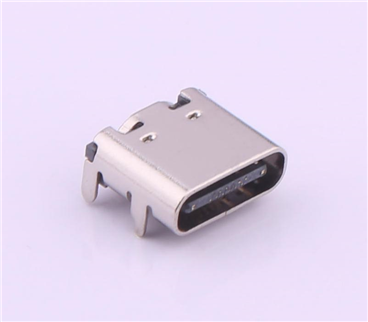
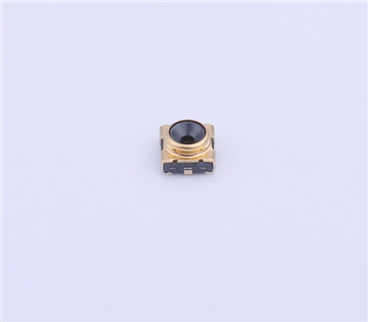

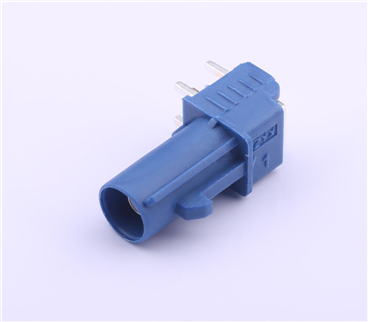
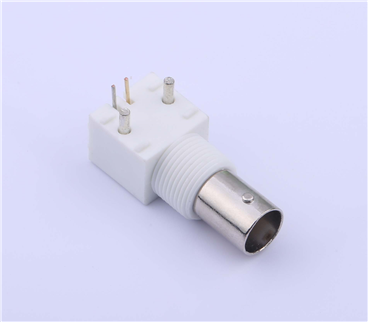
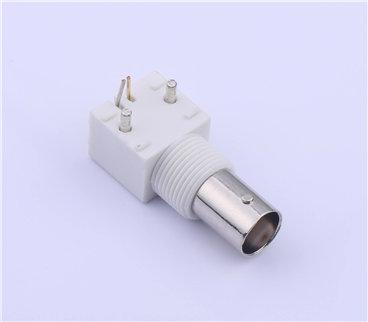
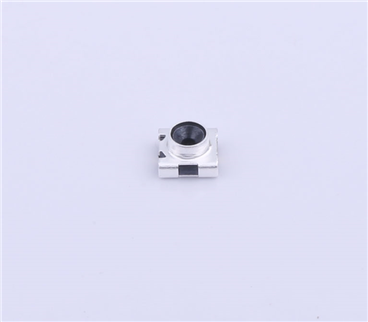
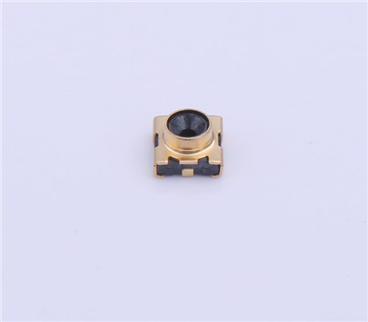
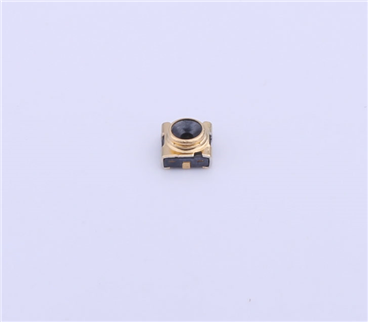
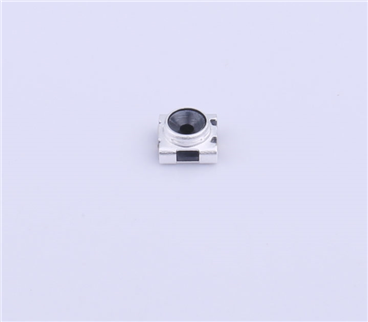
Copyright © Shenzhen Kinghelm Electronics Co., Ltd. all rights reservedYue ICP Bei No. 17113853